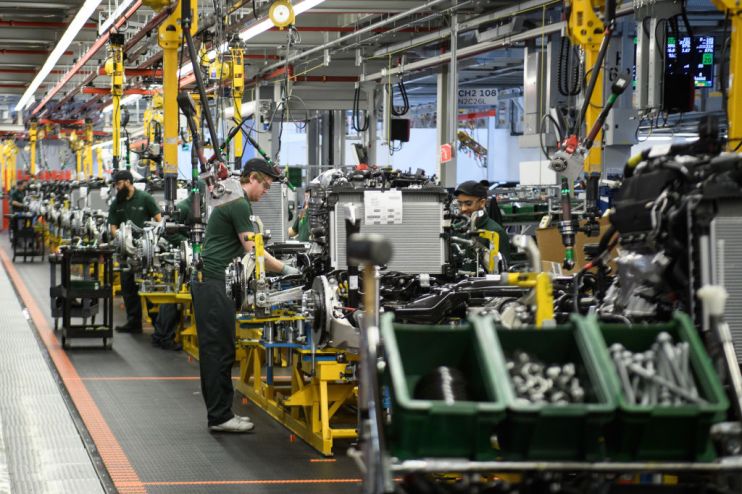Johnson Matthey banks on second half after sales drop

Catalytic converter maker Johnson Matthey said that its first half performance had been “materially below” last year’s due to the coronavirus pandemic.
The FTSE 100 firm said that a fall in sales in its clean air division as a result of lower demand and temporary shutdowns was the main cause of the decline.
In a first quarter statement, it said that it expected its operating performance to be “heavily weighted” towards the second half as the global economy begins to reopen.
Shares in the firm fell 1.3 per cent as markets opened this morning.
Despite an overall decline in clean air sales of 50 per cent over the quarter, Johnson Matthey said that it had seen an improvement as the three-month period went on.
In April, sales were down 75 per cent, a figure that had improved to 20 per cent by June. It said that it expected sales to remain 20 per cent down through the second quarter.
Before the Open newsletter: Start your day with the City View podcast and key market data
William Ryder, equity analyst at Hargreaves Lansdown, said: “The bulk of Johnson Matthey’s business is making catalytic converters, and demand for these is tied directly to car manufacturing.
“When car makers downed tools earlier this year demand for JMAT’s converters fell too. Demand has recovered from a 75 per cent fall in April to 20 per cent in June, but is still down heavily on last year.
“Our biggest worry at the moment is the economy. Car sales tend to be very pro-cyclical so a sustained economic downturn would likely supress demand for catalytic converters”.
In its efficient natural resources division, sales were “slightly” down in the first quarter.
The firm also said that it expected to get £30m from its programme of efficiency measures, which will see Johnson Matthey slash 2,500 roles over the next three years.
Half of these will be cut over the next 12 months, the company said. By the end of the programme, it expects to save £225m a year from the cuts.
The firm said that it could not provide guidance for the rest of the year, due to a lack of visibility on demand.